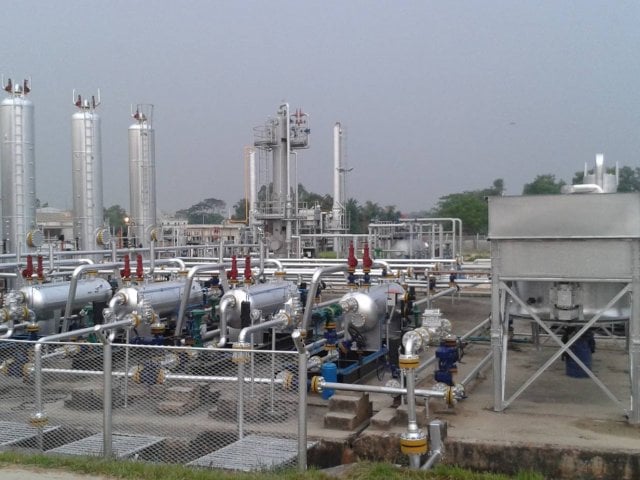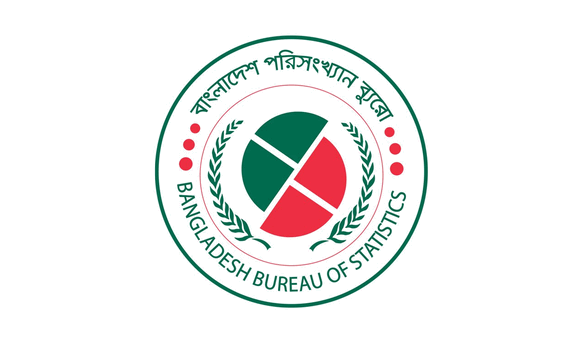
Food inflation in the country has declined to 8.93% in March, down from 9.24% in February, according to the latest data released by the Bangladesh Bureau of Statistics (BBS) on Tuesday.
This marks a slight improvement in food prices, although the overall inflation rate has risen after a three-month downward trend.
The general inflation rate, which had been decreasing since December, increased to 9.35% in March, up from 9.32% in the previous month. This signifies that the cost of living has edged up slightly after a period of stability. In contrast, non-food inflation has also seen a rise, climbing to 9.70% in March from 9.38% in February.
The BBS’s data also reveals a slight decrease in rural inflation, which stood at 9.41% in March compared to 9.51% in February. On the other hand, urban inflation has seen an increase, rising to 9.66% in March from 9.34% in February.
The statistics indicate that while food inflation has moderated, non-food prices are contributing more to the overall increase in inflation. Rural areas saw food inflation at 8.81% and non-food inflation at 9.97%, while urban areas reported food inflation at 9.18% and non-food inflation at 9.95%.
Additionally, wage growth has failed to keep up with inflation. National wage growth was recorded at 8.15% in March, indicating that the rise in wages has not been sufficient to match the increasing cost of goods and services.
As inflation continues to affect both urban and rural populations, especially those dependent on wages, the economic pressure on the country’s large informal labor force remains significant. With approximately 86% of the population engaged in informal employment, the rising inflation rate poses a growing challenge for millions of workers.
This latest report highlights the ongoing economic strain as prices continue to rise, particularly for non-food items, affecting households across the country.








